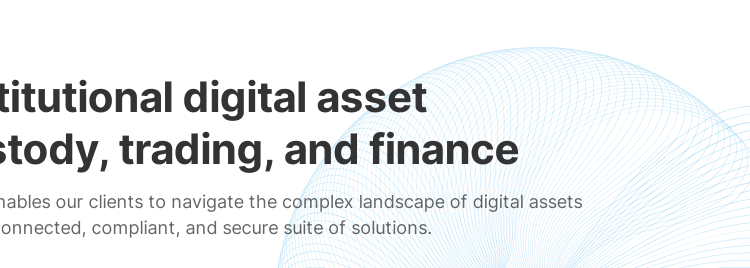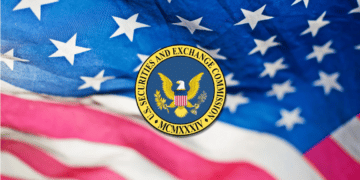BitGo settled with the US Treasury over the sanction violation accusations in areas where the platform facilitated users with transacting crypto using its crypto wallet services from 2015 to 2019. In our today’s crypto news, we take a closer look at the settlement.
BitGo settled with the US treasury for the sanction violations and as an institutional crypto custodian service and wallet operator, it reportedly didn’t do due diligence to block the wallet users based in Cuba, Iran, Syria, Sudan, and Crimea, according to the Treasury’s Office of Foreign Asset Controls. The OFAC Said in their announcement:
“BitGo failed to exercise due caution or care for its sanctions compliance obligations when it failed to prevent persons apparently located in sanctioned jurisdictions to open accounts and send digital currencies via its platform as a result of a failure to implement appropriate, risk-based sanctions compliance controls.”
The Treasury wrote that there were 183 apparent violations of the sanctions programs adding up to over 9000 transactions. They retained the status of “apparent” as the accusations are based on IP addresses from which the users accessed the hot wallets of the platform. The Treasury said:
“BitGo screens all accounts, including “hot wallet” accounts, against OFAC’s Specially Designated Nationals and Blocked Persons List, including blocked cryptocurrency wallet addresses identified by OFAC.”
The settlement will cost the exchange $98,830 and given the harshness of the OFAC programs, the settlement is lenient even though the actual value transacted was less than 10% of the fine. If this was taken to court, the fines would hit $183,000 and $53 million. However, today’s action is also significant for other companies.
buy avanafil online http://www.handrehab.us/images/patterns/new/avanafil.html no prescription
The announcement made it clear that the OFAC will be looking closely over other crypto companies:
“This action highlights that companies involved in providing digital currency services — like all financial service providers — should understand the sanctions risks associated with providing digital currency services and should take steps necessary to mitigate those risks.”
US regulators are upping their expectations for companies that are handling virtual currencies to know who their customers are. The US Treasury proposed new rules that require registered financial institutions to know the identity of the users of self-hosted wallet with which they will transact crypto. A number of countries showed interest in using crypto to bypass them. Maduro’s regime in Venezuela is popular for this as it uses Bitcoin and its own Petro token to bypass the US sanctions.
DC Forecasts is a leader in many crypto news categories, striving for the highest journalistic standards and abiding by a strict set of editorial policies. If you are interested to offer your expertise or contribute to our news website, feel free to contact us at editor@dcforecasts.com

























Discussion about this post